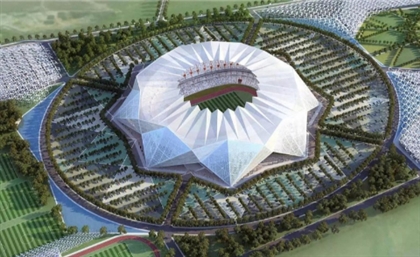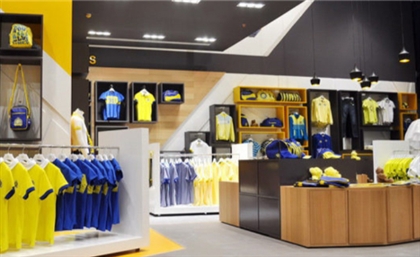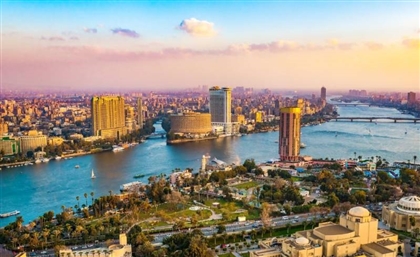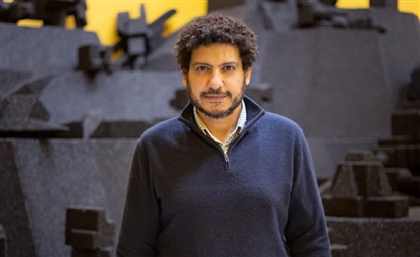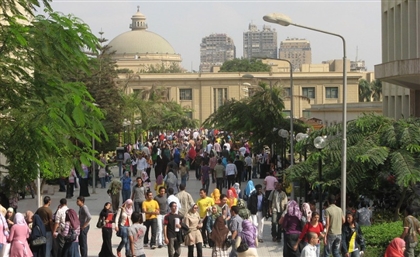The Arabeautiful Game
When football teams are bought out by Arab oil tycoons, where does that leave the fans? Timmy Mowafi explains why a Saudi prince's latest acquisition of Sheffield United isn't as great as it seems...
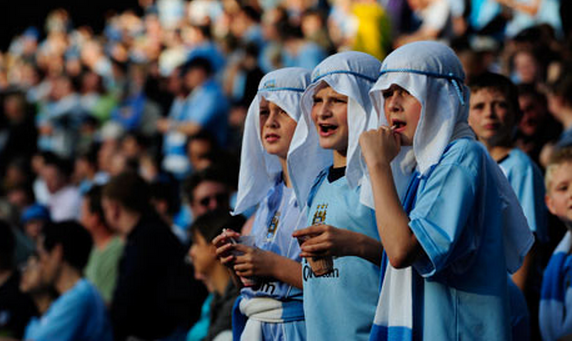
Football is no longer the beautiful game, but a financial one. It lost its natural beauty a long time ago, selling its soul for eternal life, supported by a seemingly endless flow of Russian and Middle Eastern oil money.
You can imagine the sons of Qatari tycoons sitting playing Playstation, in their Gucci fanelas and golden khofs (shebshebs to you and I):
“Baba, Baba abgha eshteri fareeg bremiership! Kol asahaby andohom!”
“Hader, habibi,” the sheikh will reply and before you know it, mock shemagh sales will have rocketed in working-class England, as droves of disillusioned nine-to-fivers look to their clubs for some Hollywood-esque escapism, thinking a tanned fella with a Mohawk and flash shoes, who makes more in a day than they do in their lifetimes, will relieve them of their daily woes. Not that he ever gets to see his new demi-god roll about the pitch in real life… the tickets are too expensive.

What’s happening with the British football leagues now is somewhat reminiscent of what happened in the late 80s and early 90s in Colombia, but instead of cocaine their money comes from oil. When drug lord Pablo Escobar financed Atletico Nacional to league success in 1989, it sparked gaggle of rival drug barons to finance other clubs in competition; football transfers, by the way, are perfect for money laundering. The money that financed its growth into one of the strongest leagues in the world was based on dodgy deals and get-rich-quick schemes that led to the collapse of Colombian football by the early 90s when Escobar, along with many of his illegal trade compatriots, was incarcerated.
It’s the same greedy ethos that led to the financial collapse in the US in 2008, as Wall Street went to town with derivates and subprime loans, allowing the country to believe they were in the midst of national affluences, when it was all based on thin air, much to the delight of the private bankers, lobbyists and credit raters who got very rich, very quick before the recession hit.
That’s not to say that Middle Eastern oil funds will run out any time soon, and with so much at stake in terms of commercial gains in modern day football, you can’t blame a lowly club for taking on a Riyal or ten billion to make their fans and investors happy again. But what if son of Arab tycoon gets bored one day? What if he doesn’t like Fifa anymore and he’s more into Ferraris now? When the big bucks stop rolling in, the clubs are left with struggling with the wage bill, often larger than the GDP of a small African country.
The latest player to enter the financial game is grandson of Saudi King Abdulaziz, Prince Abdullah bin Mosaad bin Abdulaziz Al Saud who has bought a 50% stake in League One team, Sheffield United, promising to “invest substantial new capital into the club.” He’s also a renowned obsessive of Fantasy Football. Sheffield United fans will naturally feel optimistic having seen the success of the likes of Manchester City, who were taken over by the UAE’s Sheikh Mansour in 2008 and sky rocketed to Premier League champions just three years later.

Money aside, you have to ask what’s the point? Why support a team whose whole first team line up, ownership, management, coaching staff and probably tea boy will change by the time the money gets there? So who exactly are the fans supporting? A badge? A badge that’ll be kissed by your local hero one day, and has an affair with Folan-inho the next?These teams rely on the fans buying season tickets, buying the kits, the scarves, the mugs, the posters and the mock shemaghs. So it begs the question once again: who and what exactly are you supporting?
- Previous Article I Got Banged!
- Next Article Nomades Land




